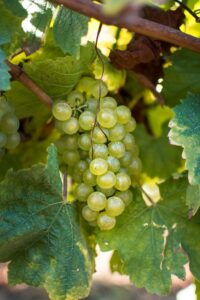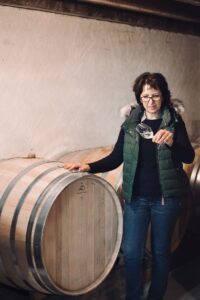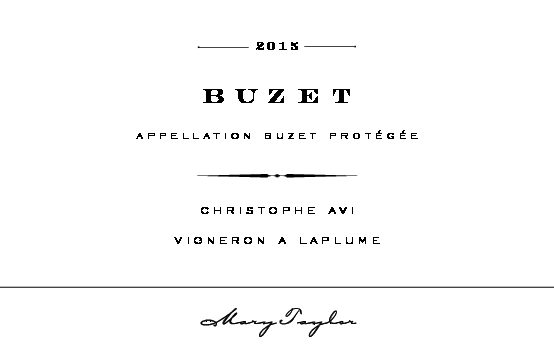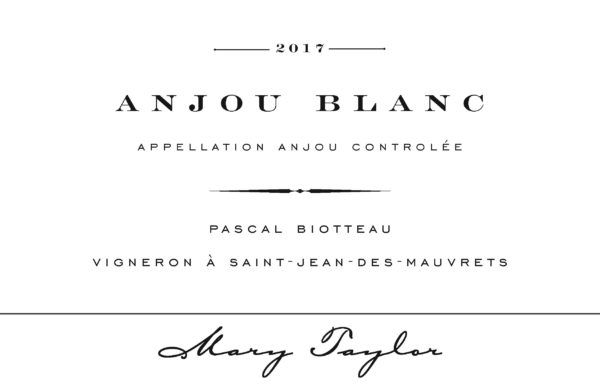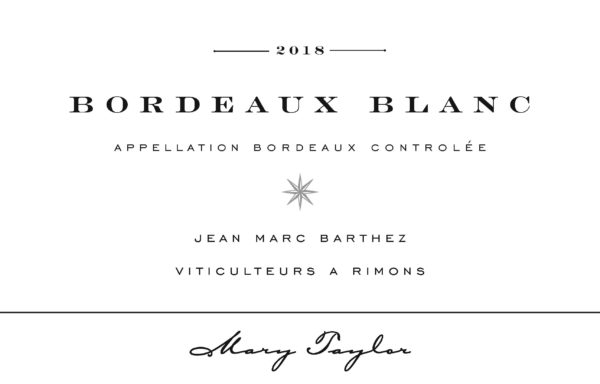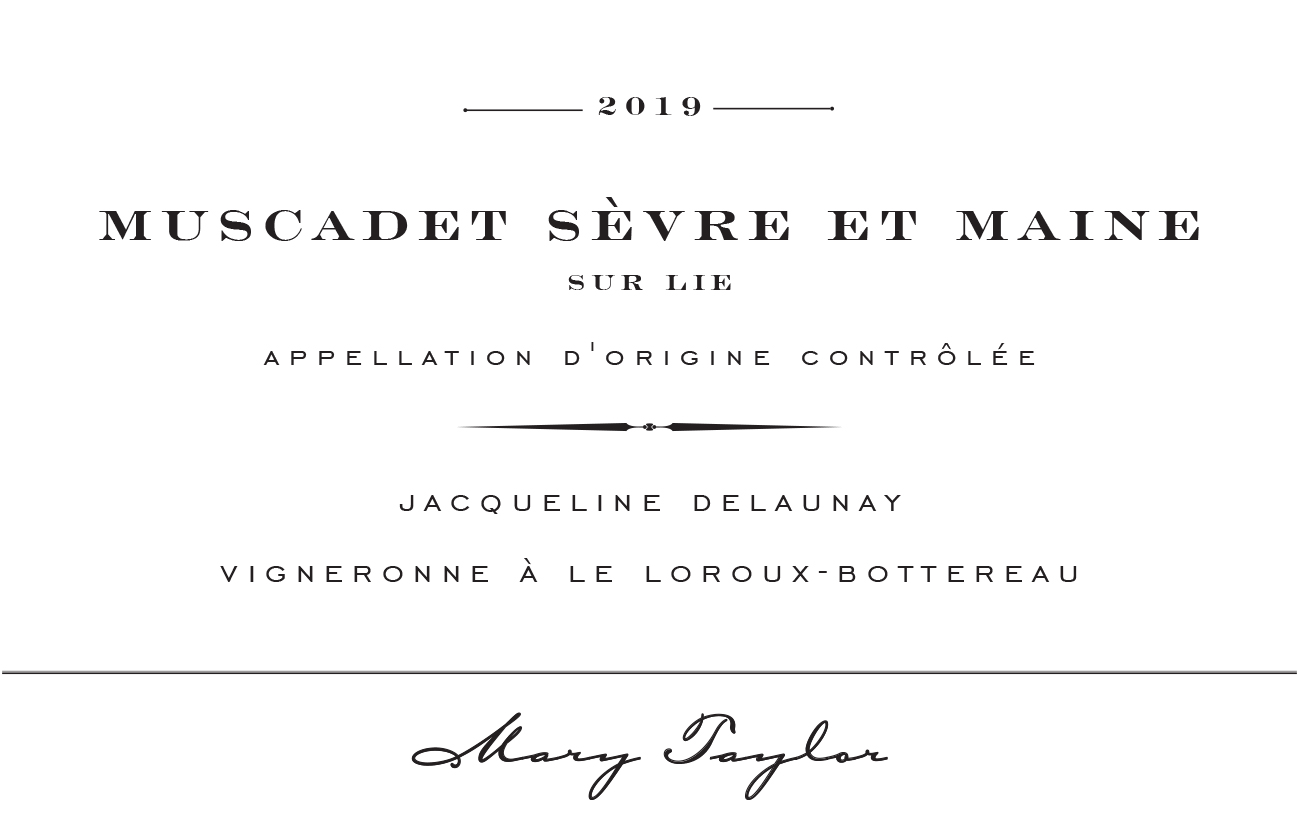
From the westernmost edge of the Loire Valley, where the Loire River meets the Atlantic Ocean, comes our savory and refreshing Muscadet Sèvre-et-Maine Sur Lie.
Wine Description
Reviews and Scores
90 Points – “Best Buy” – (2022 vintage review) – Wine Enthusiast, November Issue 2024
Vintage Notes:
2019 vintage: Frosts in spring and strong sunshine in summer resulted in low yields and very concentrated, rich grapes.
Muscadet Sèvre-et-Maine “Sur Lie”:
At the westernmost edge of the Loire Valley, where the last wild river in Europe meets the cool Atlantic Ocean, lies the gently rolling countryside of Pays-Nantais. Here was once an area dominated by red grapes, but when the brutal winter freeze of 1709 killed so many, Nantes became the white wine region best known today for its savory, refreshing wines from the grape Melon. At the confluence of the Sèvre and Maine rivers is the Muscadet Sèvre-et-Maine AOC, where the Delaunay family has been cultivating vines for several generations in the heart of the region, Louroux-Bottereau.
Jacqueline Delaunay makes this superb Muscadet from 5 hectares of 20-year-old Melon Blanc vines grown on stony gneiss, amphibolite and schist soils. The estate is in organic conversion, using no chemicals or herbicides whatsoever, only grass as a cover crop. Vines are Guyot Nantais-trained and yield 45 hectolitres per hectare.
Fermentation by ambient yeasts, found in the vineyards and on the cellar walls, takes place underground in special cement tanks lined with glass. This fermentation “à la Nantaise” is ideal for long aging because the underground temperature remains cool and constant, and the shape of the tank (with a flat and extended bottom) allows greater contact with the lees. The wine rests on its lees for 8-12 months, with bâtonnage 2-3 times over winter. This stirring of the lees gives the wine its appellation’s signature freshness, creaminess, and elegance. Domaine Delaunay’s charming rendition is at once saline and fruit-forward; perfumed and brooding; a unique expression of divinity. It is an enticing aperitif, and of course, a timeless pairing with oysters.
